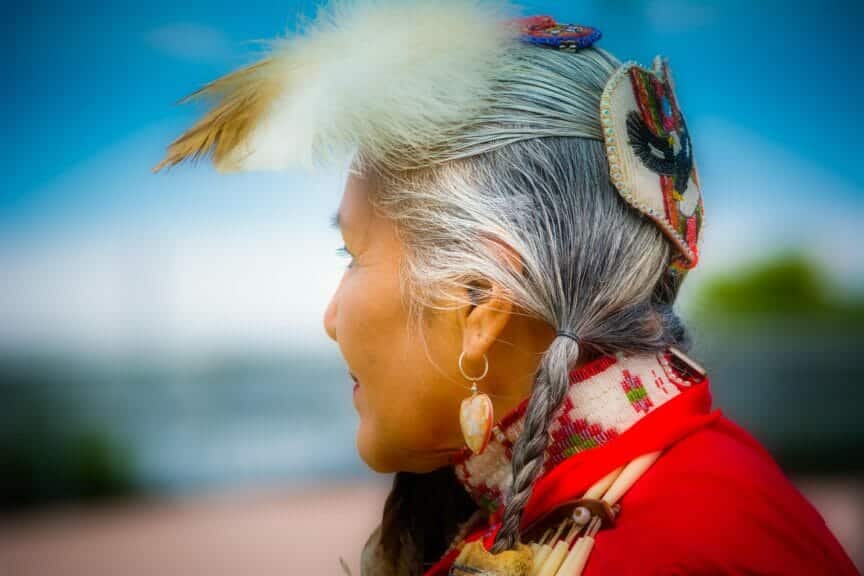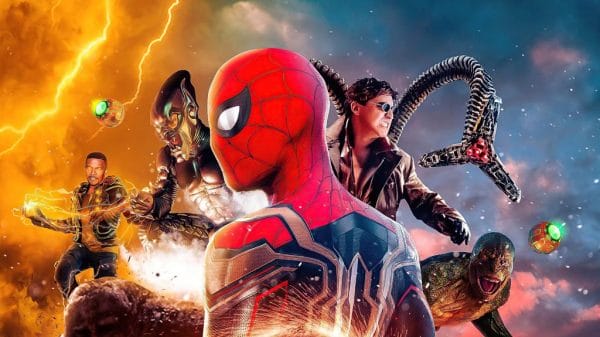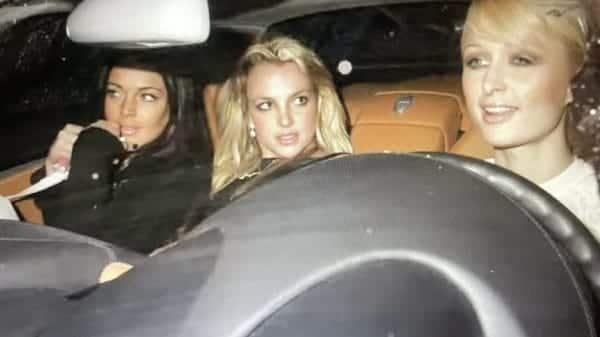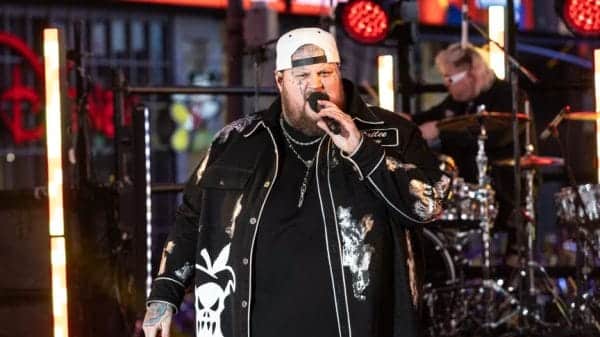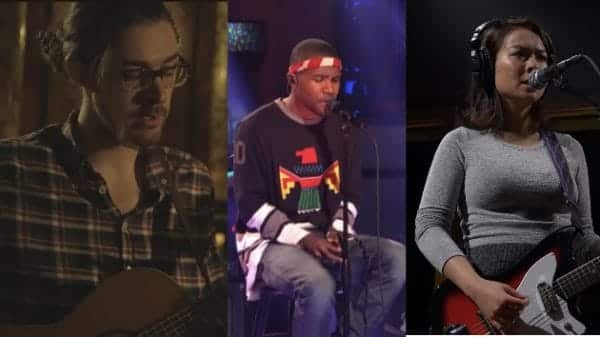This past June, the Oscars apologized to Sacheen Littlefeather for the abuse she suffered during the 1973 Academy Awards. Littlefeather went to the ceremony to refuse Marlon Brando’s best actor award on his behalf.
During her 60-second speech, she called out Hollywood for its negative stereotyping of Native Americans. As her reward, she got booed off stage and blacklisted.
Now, almost fifty years later, the Academy Museum will honor her for her act of defiance. At the Sept. 17 event, a formal apology letter will be read aloud. Littlefeather will also discuss the theme of reconciliation with renowned producer Bird Runningwater.
This is a great development and a step in the right direction. But the question is, why now?
Indigenous Content on the Rise
One reason could be the current rise of Indigenous-rich entertainment. The latest installment in the Predator franchise, Prey, features an all-Indigenous cast. Then there’s the new AMC series, Dark Winds, which focuses on two Navajo police officers in the 1970s. And don’t forget the hilarious Reservation Dogs that follows the escapades of four Indigenous teenagers in Oklahoma.
Could the Oscars be trying to ride this wave of Native American popularity? Or are they sincere in their attempt at righting past wrongs? The answer could be a little bit of both.
There is no question that the reputation of the Academy Awards suffered because of the Will Smith slap. But even before “The Slap,” ratings were going downhill. The truth is that the Oscars just aren’t as popular as it once was.
So, exploiting this newfound interest in Indigenous content could be a way for the Academy to stay culturally relevant. And it wouldn’t be the first time. The Oscars have been trying to whitewash (pardon the pun) their image ever since the #OscarsSoWhite debacle in 2015.
Still Lots to Do
Presently, there is still very much a lack of inclusion in Hollywood. Also, the stereotype of the “Native savage” continues to this day. Films like The Revenant and shows like Westworld are good examples of this.
But the Littlefeather apology is a step in the right direction. At least the industry recognizes the problem and is trying to address it. Evidence suggests that such a first step could lead to change down the road.
After the Oscars implemented diversity measures following #OscarsSoWhite, black representation in Hollywood increased. However, there is still a long way to go until the industry achieves true inclusion.
Although Littlefeather has welcomed the apology, it has received a mixed response in the Indigenous community. Film industry heavyweight Angie-Pepper O’Bomsawin believes it should have happened years ago.
Ms. O’Bomsawin, who is of Mohawk and Abenaki ancestry, views Littlefeather’s actions as ground-breaking. According to her, it paved the way for others to speak up for Indigenous people’s rights. For that, Sacheen Littlefeather has now rightly achieved hero status.


